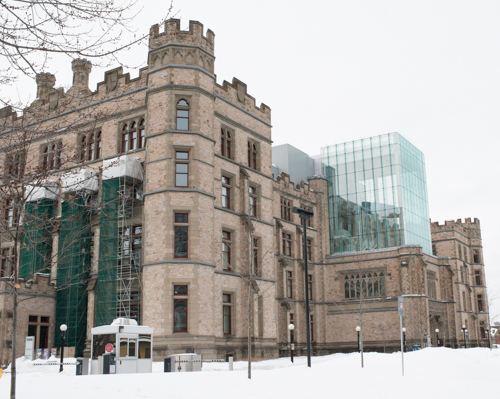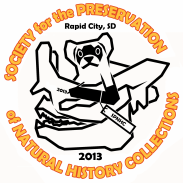iDigBio Tours New UF CNS Data Center
Members of the iDigBio UF staff recently visited the new University of Florida Data Center at the Eastside Campus facility. The tour, led by Associate Director of Data Center Operations David Burdette, led visitors through the newly constructed $14M facility. The tour allowed visitors to see the complete operation, from the large server rooms, the monster backup power supplies, and the room chilling equipment.




 Registration for the 2013 meeting of the
Registration for the 2013 meeting of the 

